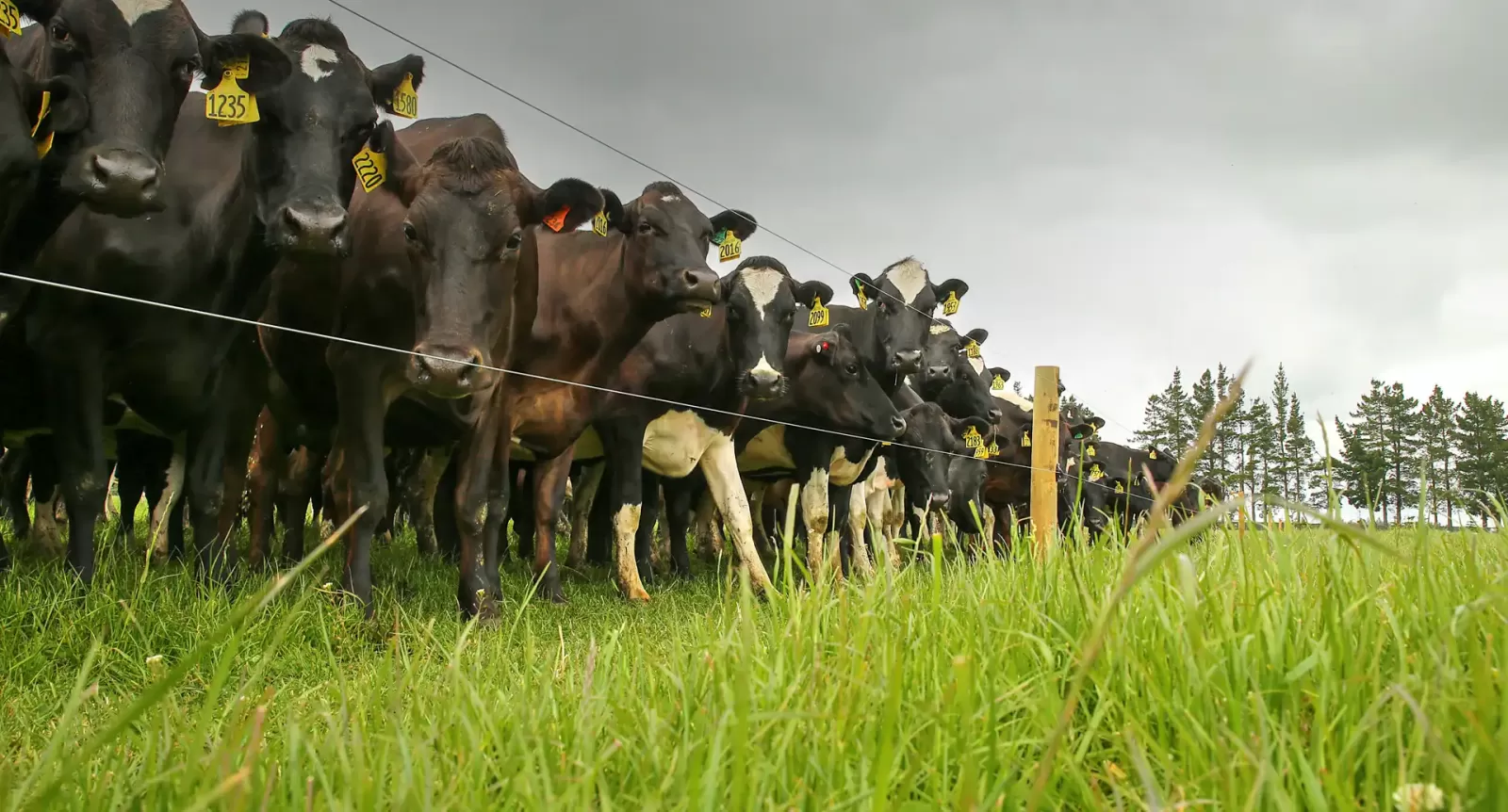Biosecurity
If harmful pests and diseases get into New Zealand, they can cause damage. Biosecurity focuses on stopping them at the border or getting rid of the ones already here.
The lead agency responsible for ensuring New Zealand's biosecurity is the Ministry of Primary Industries (MPI) and their website is the first place you should visit for information
Why does biosecurity matter?
Mid Canterbury's economy is built upon the health of our agriculture sector and our landscape is home to a wealth of native flora and fauna, so the introduction of foreign pests or diseases could be disastrous for our district. Biosecurity doesn't stop at the border; we all have a responsibility for taking practical steps to reduce the risk of spreading disease and safeguard our local economy and environment.
The role of Civil Defence
The National Emergency Management Agency (NEMA) provides advice and leads and co-ordinates the civil defence emergency management aspects of the response at national level and supports response at the regional and local levels.
Locally, depending on the situation, our teams may co-ordinate the local welfare components of the response. We'll also use our connection with our community to share information and provide advice and support for recovery.
Current biosecurity risks for Mid Canterbury include:
Avian influenza, also known as bird flu, is a viral disease that mainly affects birds. However, it can also spread to mammals – including people.
There are 2 main types of avian influenza:
- high pathogenicity avian influenza (HPAI), which can cause severe signs and high death rates in birds. There are a number of strains including H5, H7, and H9
- low pathogenicity avian influenza (LPAI), which typically causes few or no signs in birds but can possibly mutate to HPAI.
HPAI viruses cause high mortality in poultry (chickens, turkeys and quail), and waterfowl (ducks, geese and swans). If HPAI spreads across New Zealand, these are likely be the most affected domestic species.
It can spread by direct contact between infected and healthy birds, or through contaminated equipment and materials, including water and feed. There is no evidence that eggs or chicken meat, or foods that contain them, are unsafe to eat if they are properly cooked.
HPAI in New Zealand
In December 2024, chickens on a poultry farm in Otago were confirmed to be infected with the H7N6 strain of avian influenza, a highly pathogenic version of the virus. While this is a high pathogenic strain, it is not the H5N1 strain that has caused deaths in poultry, wild birds, and mammals overseas. New Zealand remains free of HPAI H5N1.
The H7N6 strain is closely related to LPAI strains present in wild birds in New Zealand. When an LPAI strain is introduced to chickens, it can mutate into a high pathogenic strain.
Signs to look out for:
The most obvious sign of HPAI is sudden death in several birds. Other signs in birds can include:
- weakness and trembling
- paralysis
- difficulty breathing
- lack of co-ordination
- blindness
- diarrhoea
Poultry shows more severe signs than wild birds. These include lethargy, reduced appetite, droopy head, darkened or swollen comb/wattle, panting, and nasal secretions, unusual drop in egg production, and bleeding disorders.
How to report suspected cases of avian influenza
If you see three or more sick or dead wild birds in a group, report it immediately to Biosecurity New Zealand’s Exotic Pest and Disease Hotline on 0800 80 99 66. Do not handle the birds.
For the latest information on HPAI, please visit the MPI website
Mycoplasma bovis (M. bovis) is a bacterial disease that creates an animal welfare and productivity issue. It can cause serious health conditions in cattle, including mastitis (udder infection), pneumonia, arthritis, and ill-thrift in calves. Less commonly, it can cause progressive neurological disease in calves, conjunctivitis, and reproductive losses.
M.Bovis in Mid Canterbury
M.bovis was first found on in farm in South Canterbury in 2017 but may have been spreading for some time before that. The disease spread across various regions of New Zealand including farms within Mid Canterbury.
In 2018 the Ministry for Primary Industries (MPI) launched a 10- year eradication programme, which is still ongoing. As of September 2024, the programme is on track and there are no active confirmed properties in New Zealand. If this ambitious target is met, New Zealand will be the first country in the world to successfully eradicate the disease.
For further information on M.Bovis and updates on the eradication programme, please visit the MPI website
